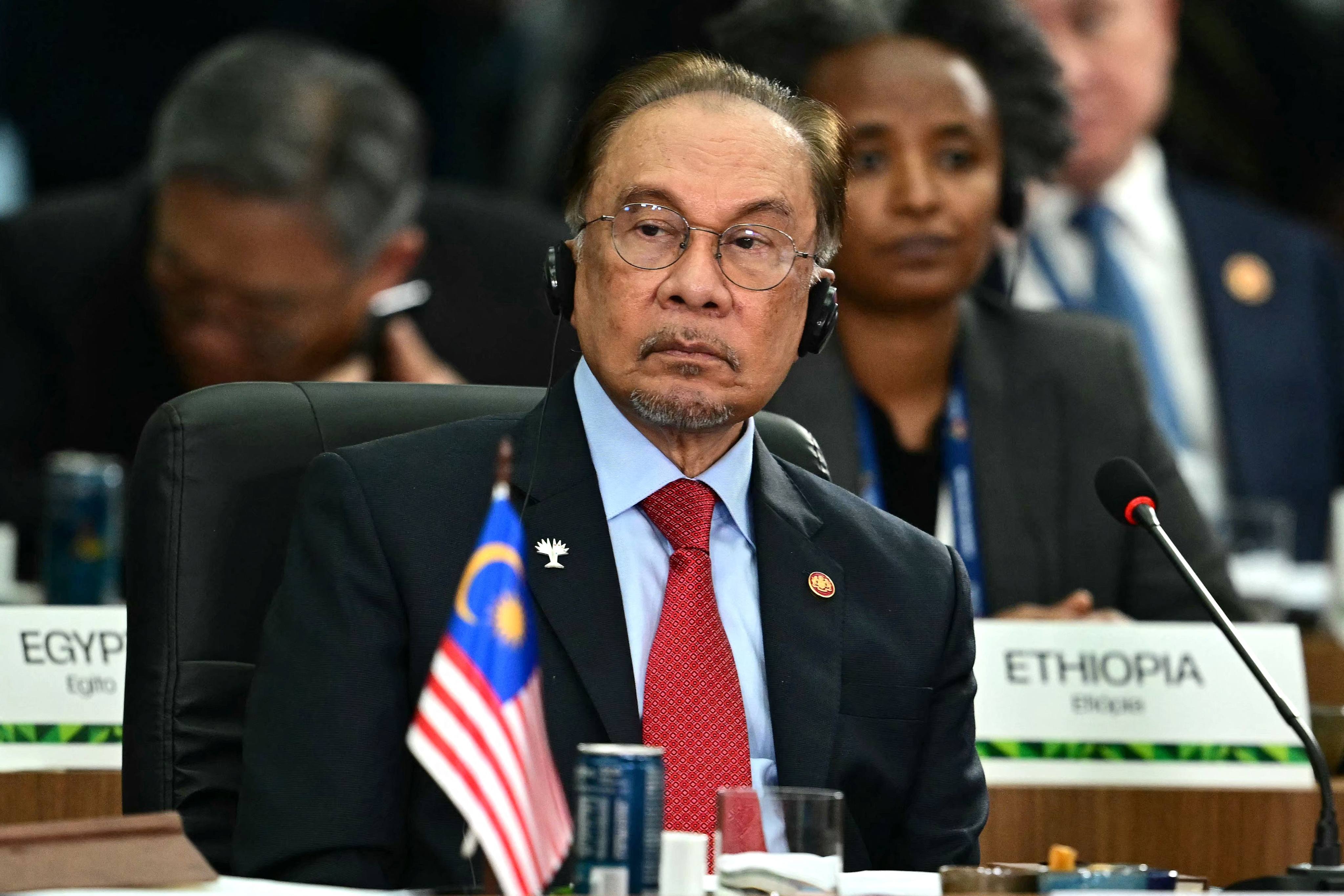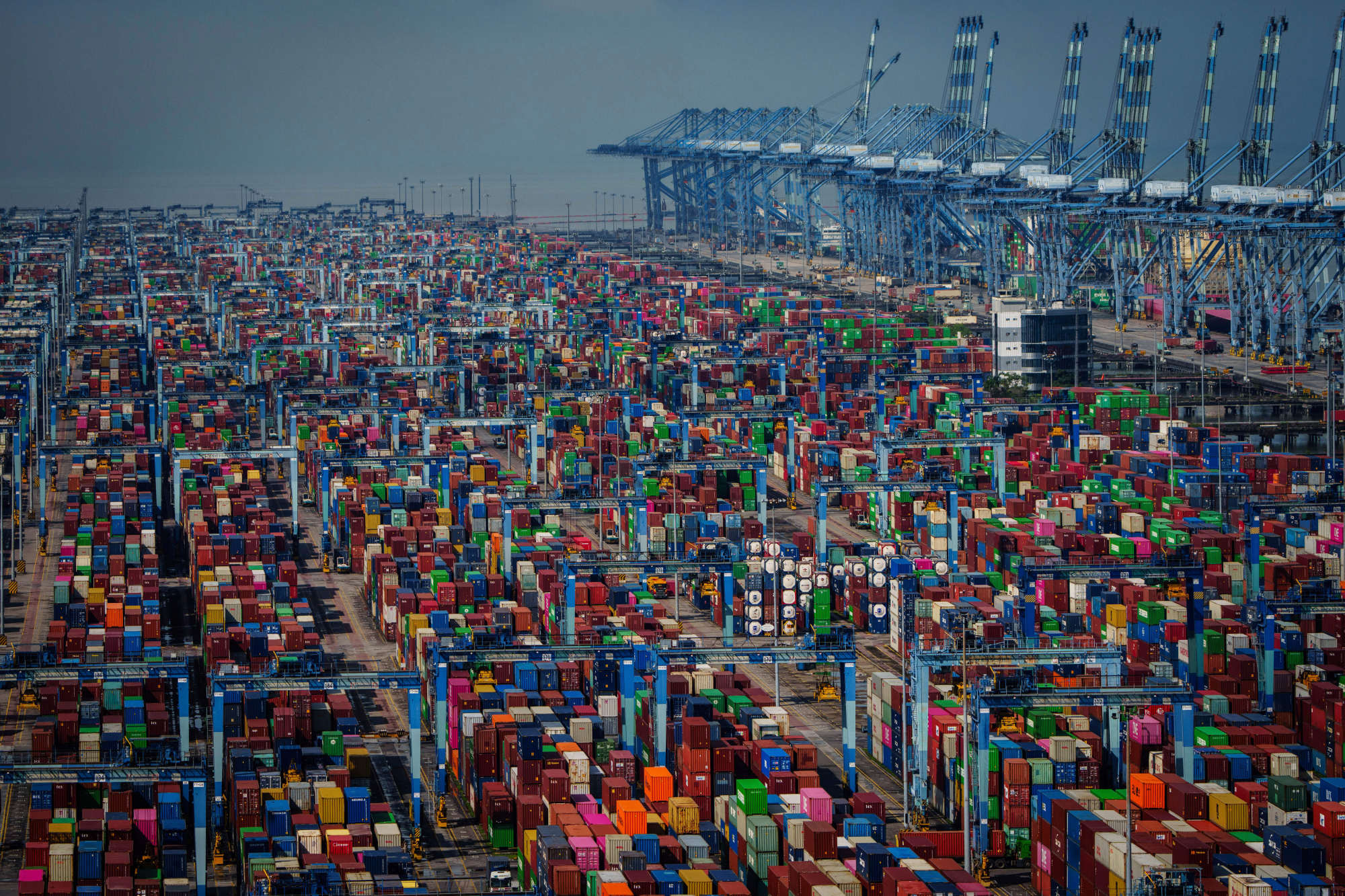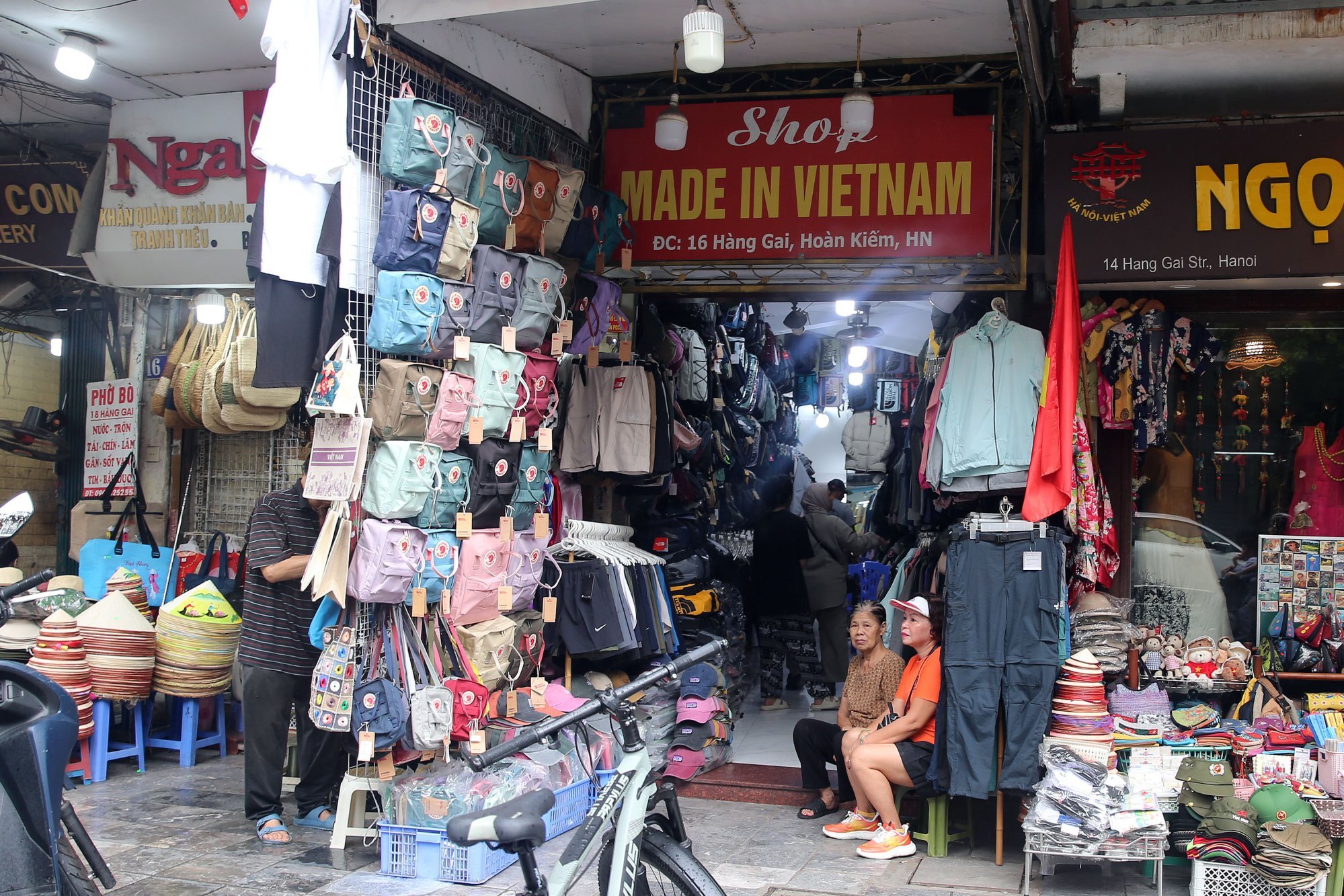Malaysia seeks urgent trade talks with US after 25% tariff blow
Trump suggested tariffs could be lifted if Malaysia shifts manufacturing to the US. Malaysia says it wants a ‘mutually beneficial’ deal

Malaysia will press ahead with talks towards a “comprehensive” trade agreement with the United States, its trade ministry has said, as Kuala Lumpur races to soften the blow of a newly imposed 25 per cent tariff on its exports unveiled by US President Donald Trump.
On Monday, Trump revealed he had sent letters to leaders of 14 countries announcing tariffs ranging from 25 to 40 per cent, in an apparent gambit to accelerate trade negotiations.
The new 25 per cent tariff on Malaysian goods is one percentage point higher than the rate first outlined by the mercurial US leader when he first revealed his “Liberation Day” levies on April 2.
In a statement on Tuesday, Malaysia’s Ministry of Investment, Trade and Industry (MITI) said the country was committed to “continued engagement with the US towards a balanced, mutually beneficial and comprehensive trade agreement”.

“Specifically, MITI will continue discussions with its US counterparts in good faith to address outstanding issues, clarify the scope and impact of the announced tariffs, and pursue avenues for the timely conclusion of our negotiations,” it said.
In his letter to Malaysia’s Prime Minister Anwar Ibrahim, Trump said the tariffs were necessary “to correct the many years” of trade policies and barriers that had led to “unsustainable trade deficits against the United States”.
He added, however, that the tariffs could be adjusted “upward or downward” depending on the trajectory of bilateral relations – and suggested the levies would be lifted if Malaysia shifted manufacturing operations to the US.
Southeast Asian economies were among those hardest hit by Trump’s “Liberation Day” tariffs three months ago, sowing turmoil in an export-focused region reliant on US demand and tightly woven into American supply chains.

Vietnam is the only Southeast Asian nation to have clinched a deal with Washington so far. The agreement, announced late last week, slashed tariffs on Vietnamese exports to 20 per cent – less than half the initial rate – in return for zero-tariff access for US goods and a 40 per cent tariff on goods from third countries shipped via Vietnam.
Besides Malaysia, the US is also negotiating with Indonesia and Thailand, which have been threatened with tariffs of 32 and 36 per cent, respectively.
Even if all three Southeast Asian nations succeed in lowering the tariffs that Trump wants to impose before the new August 1 deadline he set on Monday, analysts warn that the region’s overall growth is likely to suffer amid reduced demand from US businesses and consumers.
“The market network here is not strong enough. There are weak logistics and domestic markets are not large enough to make up for the shortfall,” said Kamles Kumar, Malaysia lead at strategic advisory firm Asia Group Advisors. “For now, it looks like a slow year ahead.”
For now, it looks like a slow year aheadKamles Kumar, Malaysian public policy analyst
Malaysia’s trade ministry said in its statement that America’s “unilateral” tariffs risked disrupting businesses, supply chains and investment flows that benefit both nations.
The US is Malaysia’s second-largest trading partner and top export destination, with total trade valued at 324.9 billion ringgit (US$77 billion) last year, the ministry noted.
Unhandled type: inline-plus-widget {“type”:”inline-plus-widget”}
“The Government of Malaysia remains committed to protecting the interests of Malaysian businesses, workers and consumers, and will take all necessary steps to mitigate the impact of these new measures,” it said.